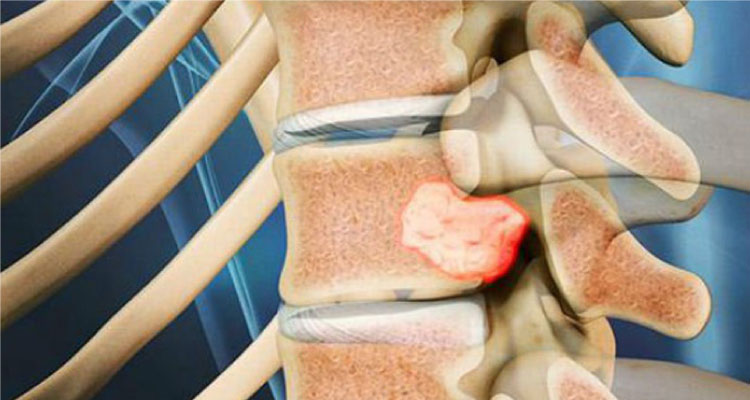
Tumour excision is ideally a surgical treatment that includes bone tumours. Bone tumours generally develop when cells divide and progress uncontrollably for unknown reasons. When a bone tumour grows, it is likely to replace the normal tissues, which weakens the structure of the bone and makes it fracture prone. Initially, the bone tumours are not cancerous, but a minor tumour also holds the potential to develop and spread through the cells through lymphatic symptoms. Therefore, the doctor might also suggest tumour surgery, one of the best therapies for all types of tumours.
Things to know about tumour
Dr Sk Rajan describes a tumour as a swelling of the mass, and during the brief self-profile aeration, the tumour develops. The size can range from tiny nodules. There are generally three types of tumours benign premalignant, and malignant. The symptoms of tumours include abdominal discomfort, blood in the stool, appetite loss or weight loss.
Diagnosis of tumours
A tumour is detected through blood analysis. A biopsy is also a routine technique used to get and analyse a sample of tissue from any suspected tumour. The initial test used in different cases is the X-ray. CT scan technology can also help in diagnosing the tumour.
Furthermore, Dr might also suggest nuclear medicine testing where investigations reveal where different tissues are active, and bone growth is presented.
Treatment options
Benign tumours can turn cancerous and can also spread, so the orthopaedic oncologist might advise you to get them removed through the surgical process. Dr Sk Rajan recommends you go through the tumour excision to get rid of fracturing your bone. The doctor also suggests combining radiation and chemical therapies to reduce the widespread of cancer. Doctors remove only the cancer tissues and take care of the surrounding bones, nerves, and blood vessels. The bone might be removed and replaced with a metallic implant or transplanted through bone tissue in some cases. Doctors also use amputation, which is essential to remove the cancer tissues when a malignant bone tumour spreads in the surrounding tissues. The process helps in protecting the entire body. The orthopaedic experts might also apply nonsurgical bone tumour medications like radiation therapy. Powerful X-rays kill the cancer cells, and the tumours will be shrunk along with the chemotherapy.
The experts can call progressive bone tumours with tumour excision surgery. The best part is that the surgeries have a significant rate of success so that you can be stress-free.
After the surgery, you might have some dizziness, but it is a natural part of the healing process, so all you need to do is rest for some days, and you will be fine. You can connect with the doctor and get the treatment as soon as possible.


